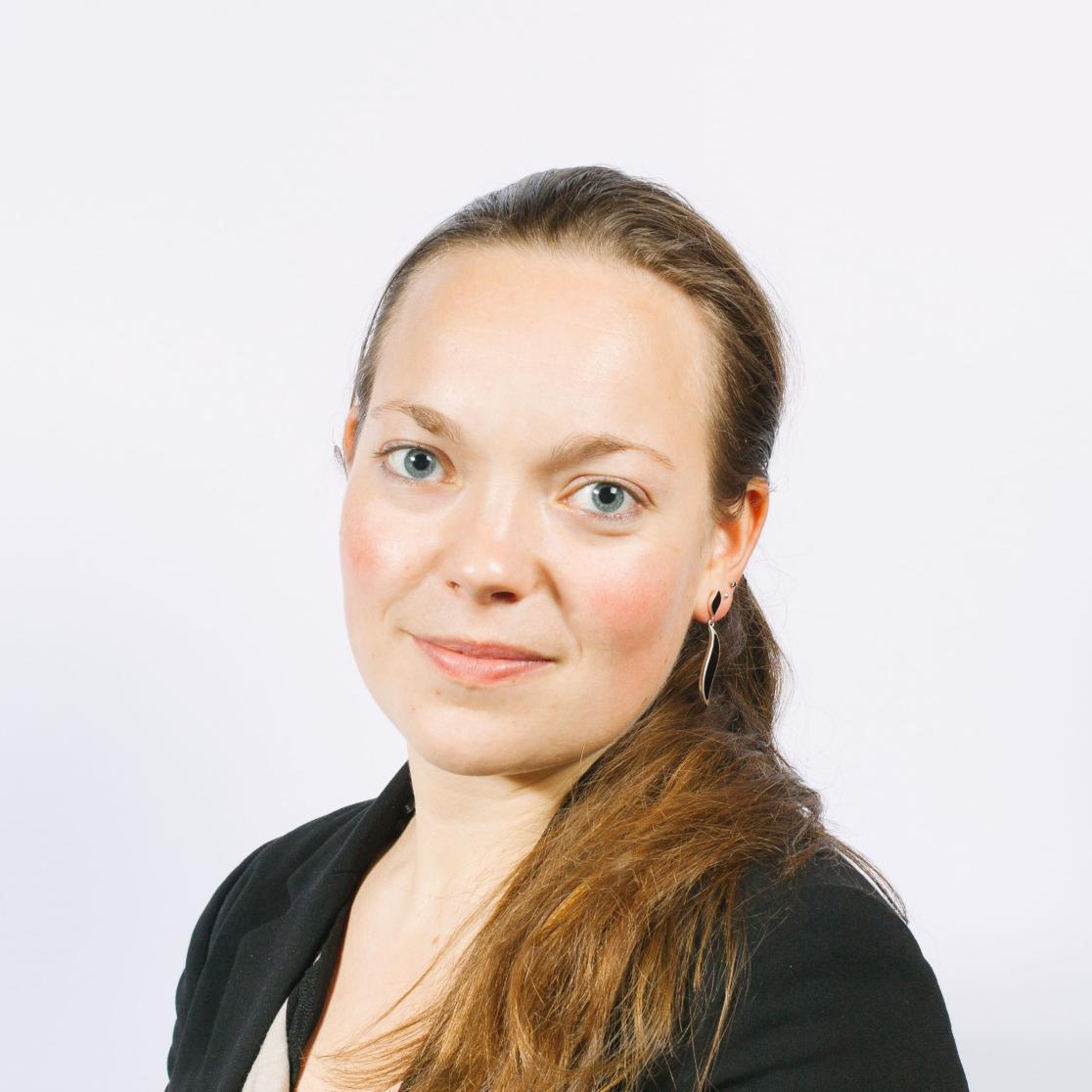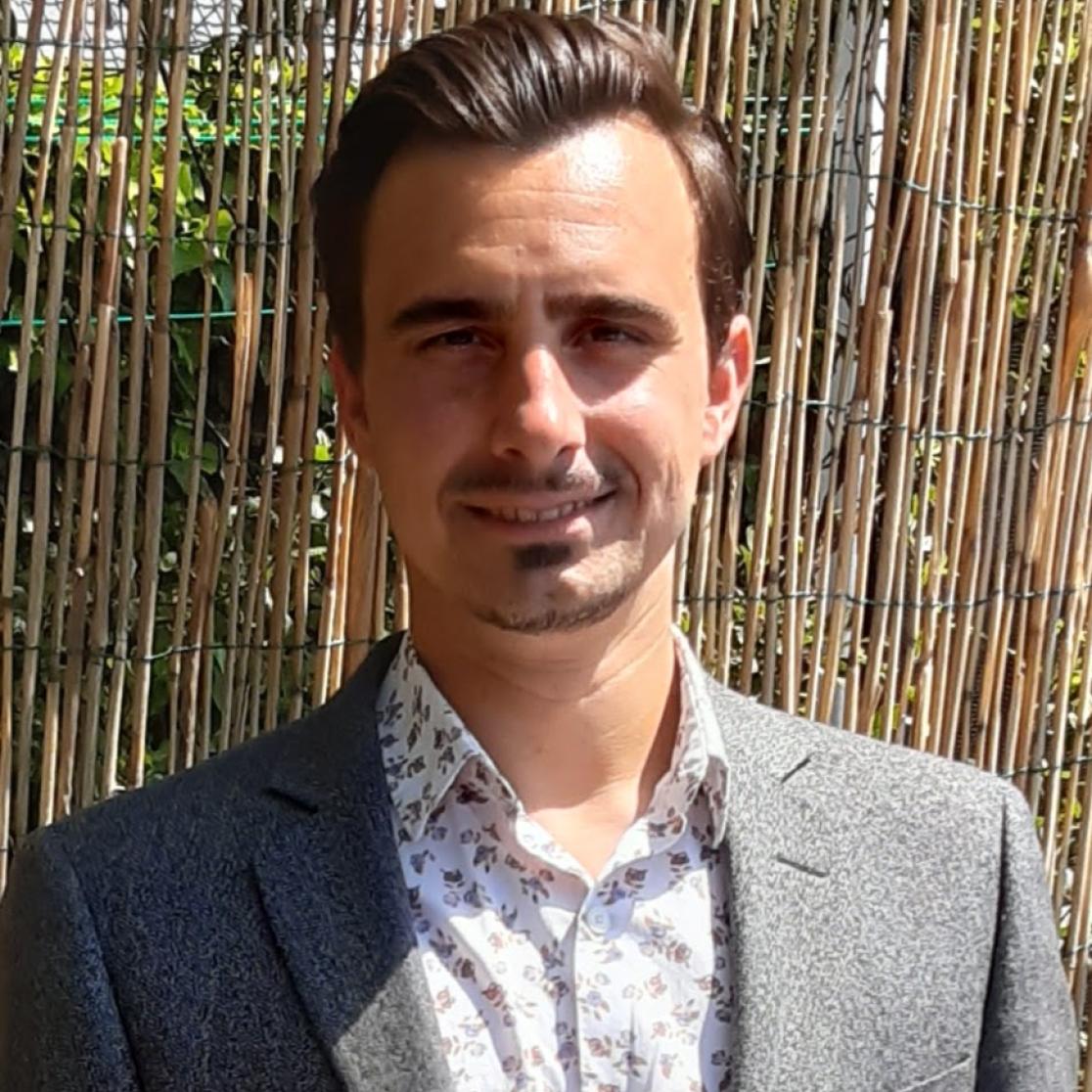Two NWO Vidi grants for UM research into beauty particles and lobbyists in Brussels
Two scientists from Maastricht University (UM) are to receive a Vidi grant of €800,000 for their research projects, the Dutch Research Council (NWO) announced on Thursday. Researcher Keri Vos will be looking for hitherto unknown new particles at FSE, physics institute Nikhef and particle accelerator CERN in Geneva. Political scientist Iskander de Bruycker (FASoS) will investigate whether Brussels policymakers are open to all lobbyists, regardless of their social background.
Beauty particles
Keri Vos (Maastricht University/Nikhef) receives the Vidi grant for her work on precision studies of heavy 'beauty' particles. These studies could help solve the riddle of the missing antimatter in the universe. Vos hopes to find clues to previously unknown new particles and forces that could explain why the universe consists of matter, while antimatter is absent.
With the Vidi grant she will study the decomposition of heavy so-called beauty particles with extreme precision. She will combine measurement data from the LHCb experiment at CERN's particle accelerator in Geneva with improved and new theoretical calculations. There are still inexplicable differences between theoretical calculations and experimental observations of the breakup of beauty particles. These could be signs of new particles, but more research is needed to be sure. Vos will do this in close collaboration with experimental physicists from the LHCb experiment, in order to get the most out of the available and future data.
Vos: "I am extremely grateful for this opportunity. With this grant I can set up my own research group at the interface between theory and experiment. I can't wait to get started and to learn more about the matter around us with my team."
Vos is affiliated with the Gravitational Waves and Fundamental Physics group of Maastricht University, the LHCb experiment at CERN and the LHCb and theory group of Nikhef, the National Institute for Subatomic Physics.
(Source: Nikhef)

Lobbyists
Political scientist Iskander de Bruycker will investigate whether policymakers are open to all lobbyists, regardless of their social background. “While it would be ideal for policymakers to engage with lobbyists of diverse socio-demographic profiles, I expect that there will be a preference for lobbyists who share similarities in terms of age, gender and ethnicity,” De Bruycker explains. Within the European policy context, his ACCESS4ALL project will test this expectation, using desk research, focus groups, large-scale surveys and vignette experiments.
De Bruycker: “This Vidi grant allows me to hire two PhD students, who will write their dissertations based on the project. Together, we will develop strategies to make access to European policymakers more inclusive. The Vidi grant really opens doors to a promising and ambitious research project.”
